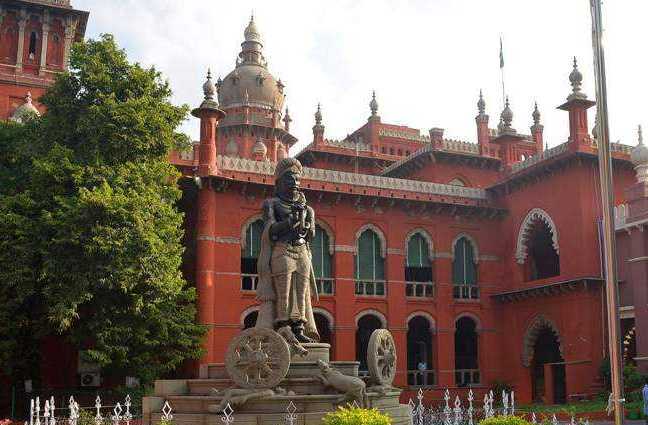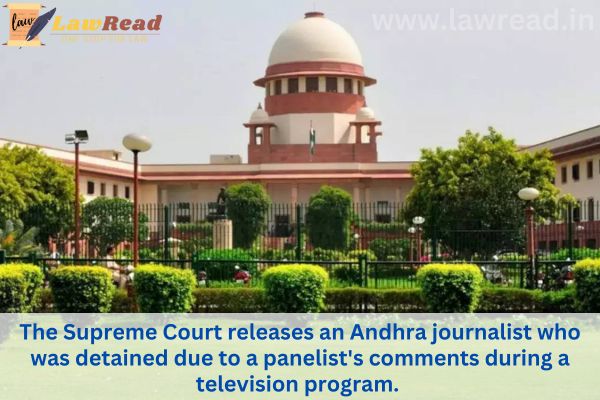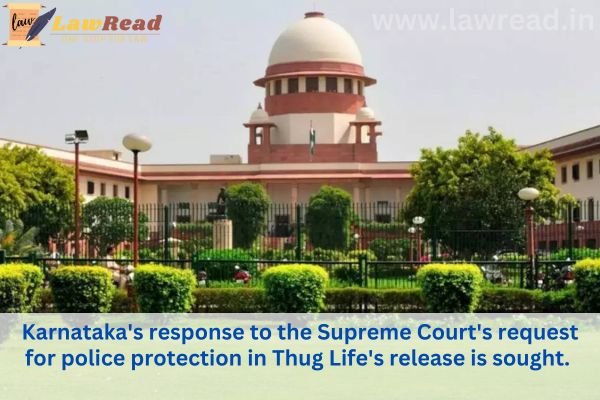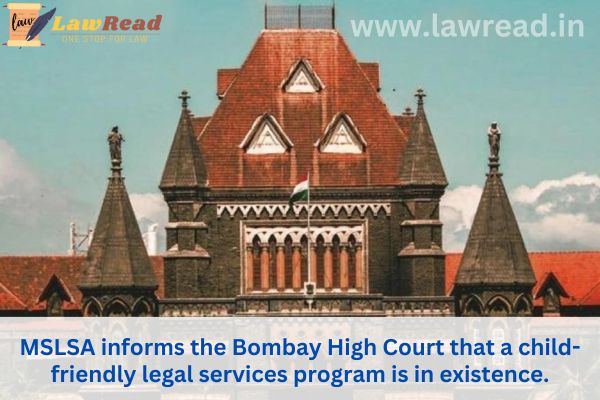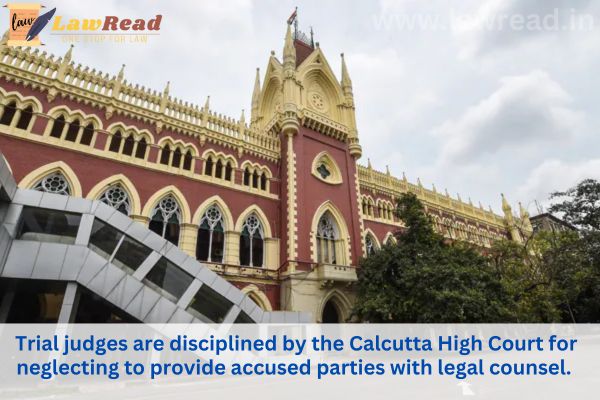News
The Supreme Court recommends a threshold of votes for uncontested election victories.
A PIL against a law that permits uncontested elections in India was being heard by the court.
.jpg)
The Supreme Court suggested on Thursday that a single candidate must receive a minimum proportion of all votes in order to be deemed elected in order to lessen uncontested election victories [Vidhi Centre for Legal Policy vs. Union of India & Another].
During the hearing of a suit filed by the Vidhi Centre for Legal Policy contesting the constitutionality of Section 53(2) of the Representation of the People Act, a bench consisting of Justices Surya Kant and N Kotishwar Singh made the observation.
If there are no other candidates in the race, the clause permits a candidate to be elected directly without casting a ballot. Justice Kant expressed disapproval of letting a candidate run for office without the backing of the people.
Wouldn't it be progressive if there were only one candidate running and it was required that he receive at least 10% of the vote? The Court questioned, "Why should we automatically permit someone who hasn't even received 5% of the total votes to enter parliament?"
Accordingly, the Court stated that the Union government should think about forming an expert committee to look into the matter and make suggestions for potential changes pertaining to uncontested elections.
The Court listed the case for further consideration on July 24 and gave the Central government an additional four weeks to respond to Vidhi's plea.
The Bench further stated that all Indians should be proud of India's democracy since it has overcome all obstacles.
"Ours is most dynamic Constitution, which says democracy by majority.... no other Constitution says it this expressly...after all our democratic setup has resolved every challenge that all Indians should be proud of,"
the Supreme Court stated.
Prior to this, Vidhi's Senior Advocate Arvind Datar provided statistics showing how common uncontested elections had been since India gained its freedom.
Justice Kant did note, however, that uncontested elections had not been common.
According to the records, there are just nine occurrences (in the Parliament). Democracy was borrowed by us after 1947. "Perhaps we reached adulthood in 1975," the Court said.
But according to Datar, the problem also impacts elections for legislative assemblies, where these kinds of incidents are more frequent.
Attorney General R Venkataramani responded by opposing any significant legal changes.
He urged for a more balanced approach to the matter and stated that it would not be acceptable to completely strike down the clause.
Justice Kant noted at this point that the Court was only recommending the addition of a proviso to Section 53(2), not the removal or striking down of any provisions.
"We are not for striking anything, but we want you (Union government) to add something," Justice Kant stated.

